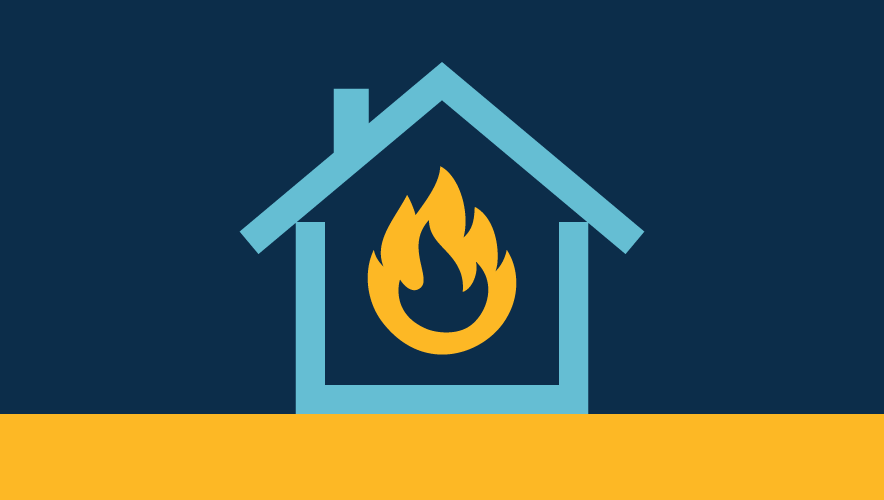More than 1,300 People Died During 2024 Hajj; Authorities Cite Intense Heat and Unauthorized Pilgrims as Factors
More than 1,300 people died while attempting to complete the sacred Hajj pilgrimage to Mecca this year due to record heat and high numbers of unauthorized travelers, according to Saudi Arabian authorities.
In an appearance on a state-owned media channel, Saudi Health Minister Fahd bin Abdurrahman Al-Jalajel said that 1,301 people died during the Hajj and that nearly 83 percent of those individuals were unauthorized pilgrims who walked long distances in blazing heat. Temperatures during the Hajj—which took place between 14 and 19 June—reached 120 degrees Fahrenheit during the day.
“Saudi authorities cracked down on unauthorized pilgrims, expelling tens of thousands of people,” the Associated Press (AP) reported. “But many, mostly Egyptians, managed to reach holy sites in and around Mecca, some on foot. Unlike authorized pilgrims, they had no hotels to return to to escape the scorching heat.”
Two to three million Muslims complete the Hajj each year, following the path that the Prophet Muhammad took to Mecca (also known as Makkah) in now Saudi Arabia—a practice that Muslims have followed for 14 centuries.
“Performing these rituals, known as the Hajj, is the fifth pillar of Islam and the most significant manifestation of Islamic faith and unity,” according to the Embassy of the Kingdom of Saudi Arabia. “Undertaking the Hajj at least once is a duty for Muslims who are physically and financially able to make the journey to Makkah. The emphasis on financial ability is meant to ensure that a Muslim takes care of his family first. The requirement that a Muslim be healthy and physically capable of undertaking the pilgrimage is intended to exempt those who cannot endure the rigors of extended travel.”
Saudi Arabia requires those who want to make the pilgrimage to register through an electronic portal, complete an application process, and obtain a permit to complete the journey. Failure to do so can result in deportation, detainment, fines, or bans from the country for future travel.
After obtaining a permit, authorized pilgrims typically book with a travel company to arrange their transportation for the Hajj. This provides them with access to buses and tents that are air-conditioned. Individuals without permits instead often attempt to complete the Hajj while being exposed to the elements, including major heatwaves that have been an issue during the past few years.
Saudi authorities cited the rise in temperature as a major challenge for this year’s Hajj, which greatly affected unauthorized pilgrims who did not have Hajj permits. The New York Times reported that the death toll also exposed an “underbelly of tour operators and smugglers” who profit off pilgrims who want to make the journey.
“The deaths also laid bare what appeared to be a wide-scale failure of Saudi immigration and security procedures aimed at preventing unregistered pilgrims from reaching the holy sites, including a security cordon around Mecca that locks down weeks before Hajj,” according to the Times.
For instance, Saudi authorities speaking under condition of anonymity told Agence France-Presse that they had cleared more than 300,000 unregistered pilgrims from Mecca before the Hajj began. But officials also estimated that around 400,000 unauthorized individuals participated in the pilgrimage following an order that people who arrived at the gates of holy places be allowed to participate, regardless of their authorized status.
“According to the state-owned Al-Ahram daily, some travel agencies and Hajj trip operators sold Saudi tourist visas to Egyptian Hajj hopefuls, violating Saudi regulations which require exclusive visas for pilgrims,” the AP explained. “Those agencies left pilgrims in limbo in Mecca and the holy sites in scorching heat, the newspaper said.”
On Saturday, Egypt’s government announced that 16 travel agencies did not provide appropriate travel services for pilgrims and allowed travel to Saudi Arabia using inappropriate visas.
“The prime minister has ordered the licenses of these companies to be revoked, their managers to be referred to the public prosecutor, and the imposition of a fine to benefit the families of the pilgrims who died because of them,” according to Australia’s ABC News.
Climate change now poses a major risk to pilgrims looking to complete the annual journey, especially those who are older or have existing health issues that can be exacerbated by extreme heat.
A 2019 Massachusetts Institute of Technology (MIT) study found that climate-changed caused increased rates of heat and humidity in Saudi Arabia could pose “extreme danger” for people when the Hajj is held during the summer months and that authorities will need to take countermeasures to protect pilgrims.
“The Saudi Ministry of Health has implemented various measures, including encouraging vaccinations, health checks, and educational campaigns urging pilgrims to stay hydrated, use umbrellas, and avoid prolonged sun exposure,” wrote Milad Haghani, senior lecturer of urban mobility, public safety, and disaster risk at the University South Wales Sydney. “The ministry deployed thousands of paramedics and set up field hospitals to manage the crisis. Cooling measures such as misting systems and portable water stations were used.”
“Yet the extreme heat provided overwhelming, indicating more needs to be done,” Haghani continued. “Educational campaigns can do more to raise awareness among (especially non-local) pilgrims and healthcare workers about heat risks and preventative measures.”











